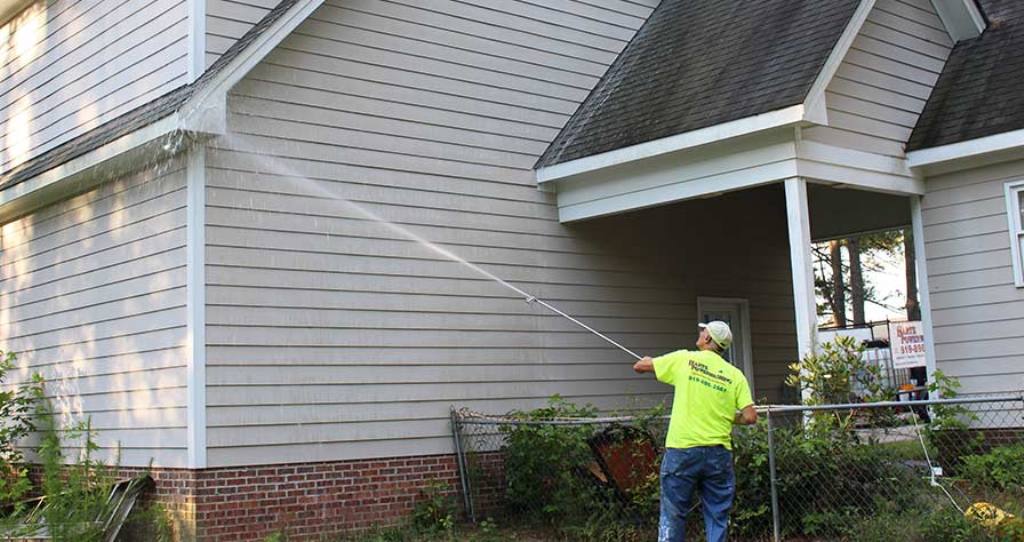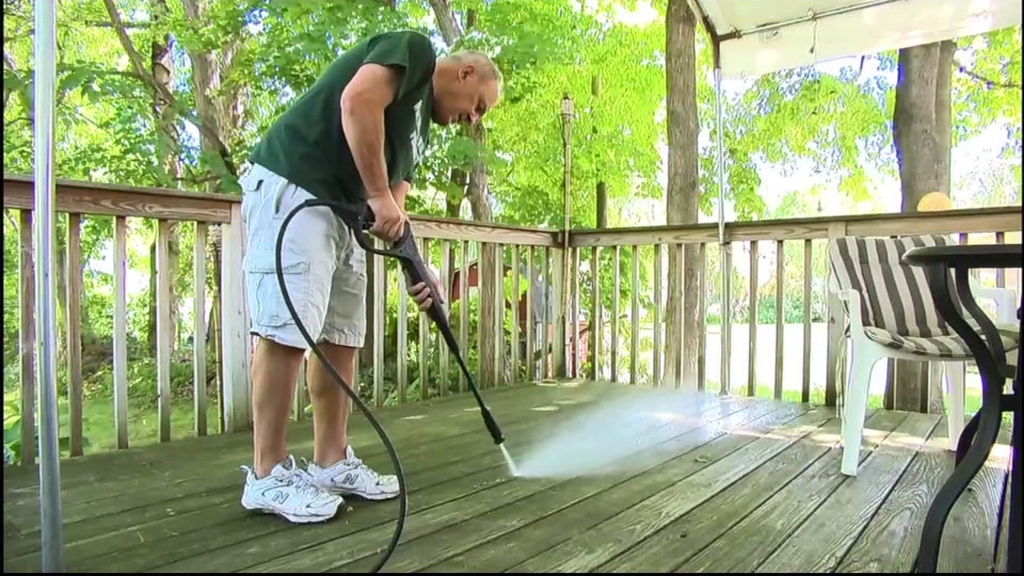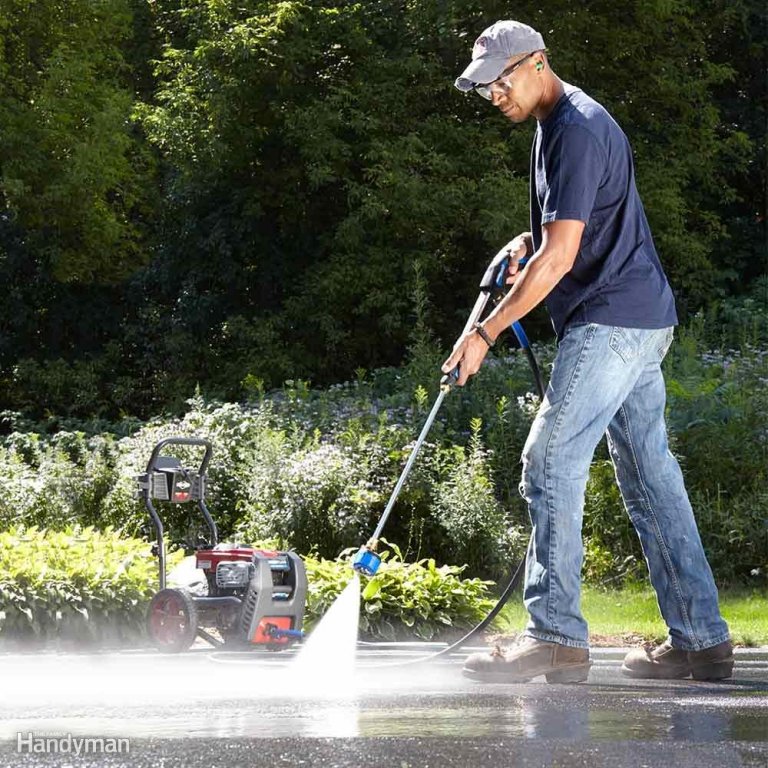A pressure washer has become a vital cleaning appliance for households due to its cleaning prowess, efficiency, and ease of handling. Variously known as outdoor cleaners, pressure cleaners, and power washers, these machines are designed to get rid of dirt and debris by pumping water at high pressure through a hose and a spray nozzle.
Pressure washer types

There are two types of pressure washers – electric pressure washers and gas pressure washers. Let’s see what these are:
- Electric pressure washers: These washers are not only cheaper than gas-powered models but easier to use too since you can start them with a flip of a switch. Their running is also quieter and cleaner. However, the drawbacks are they are less powerful than gas-powered ones, and the length of the cord restricts their outdoor range. These washers are ideal for light-duty tasks, such as cleaning grills, vehicles, and patio furniture.
- Gas pressure washers: Gas pressure washers are ideal for heavy-duty work, such as cleaning decks, sidewalks, exterior sidings, patios, and the like. Since they are not bound by the cord length, like in the case of electric pressure washers, they are highly mobile and can be taken anywhere. They offer two types of starting mechanisms –manual pull-start or push-button electric starter. On the downside, these pressure washers require gas filling, and a gas can to be carried along for refilling.
Choosing the right pressure washer
If you are looking for pressure cleaning of your home, there is no better way than to go in for a pressure washer. And you must choose the one that serves your purpose the best. The first thing to look for is the pressure washer’s power. This will tell what kind of jobs it can undertake. The power or pressure output is expressed as pounds per square inch (PSI) and gallons per minute (GPM).

Based on power, pressure washers are classified as light-duty, medium-duty, and heavy-duty. Let’s compare the three:
- Light-duty pressure washers: Light-duty pressure washers are ones with PSI ranging between 1300 and 1900 at 2 GPM. They are ideal for light jobs around the home, such as cleaning small decks and patios, patio furniture, vehicles, and grills, etc.
- Medium-duty pressure washers: These pressure washers are rated between 2000 to 2800 PSI at 2 to 3 GPM. They are perfect for both home and shop use. Being more powerful, they are built with premium components and are sturdier. These washers efficiently clean structures that may range from exterior sidings and walkways to fences and driveways.
- Heavy-duty pressure washers: These professional-grade washers also include extra-heavy-duty pressure washers. They are rated at 2800 PSI and above at 3 to 4 GPM. These are gas-powered units that are used for large-scale cleaning jobs, such as removing graffiti from the walls and sidewalks, stripping paints, and cleaning multistory buildings.
Besides these three basic kinds of pressure washers, there are certain other types. Let’s have a look at these:
- Multi-duty pressure washers: These all-in-one pressure washers allow you to adjust the pressure and water flow, depending on the type of cleaning required. Since they offer the option of both light-, medium- and heavy-duty pressure washers, these machines are expensive.
- Coldwater pressure washers: These DIY washers prove great for cleaning vehicles, loosening paints, removing dirt build-up, mildews, etc. These machines are cheaper than hot water pressure washers. However, they are designed only for cold water and may get damaged if hot water is used.
- Hot water pressure washers: These washers are most effective because they not only deliver high-pressure water for cleaning but are designed for hot water too, thereby facilitating a more thorough cleaning. These also use less soap and other cleaning chemicals than cold pressure washers. Thus, these washers are ideal for industrial and farm use in cleaning oil slicks and farm animal enclosures.
Conclusion
If you are looking for a powerful and fast pressure washer, go in for the one with higher PSI and GPM. It will clean better, cover more area in less time, but may cost more. For home, you may not need a very powerful pressure washer, so go in for one that has adequate PSI and GPM for your household cleaning tasks.






